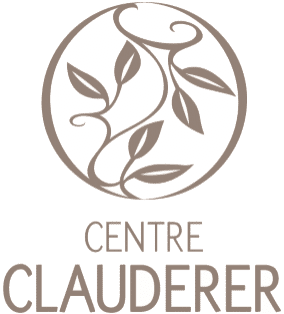Anti-oxidant, anti-inflammatory, nourishing, soothing or stimulating, the virtues of plants need no further proof. In the form ofoil or essential oil, the active principles of plants are available to you to enhance your hair from root to tip.
Plant-based cosmetics, far from silicone and other petrochemical derivatives, have proved their worth in revitalising hair, stimulating hair growth, soothing the irritations of an overly dry scalp, regulating excess sebum in oily hair and repairing weakened hair fibre.
Treating damaged hair with natural hair care products is a no-brainer for anyone who cares about the beauty of their hair. Choosing plant oils or essential oils to repair your hair and stimulate growth is a good idea, but how do you go about it?
Centre Clauderer can offer you advice based on its expertise in hair care and its in-depth knowledge of the world of plants.
What is a vegetable oil?
This is the product obtained from the fruits, seeds or pits of plants known as oleaginous plants. Ideally, to obtain all the benefits, it is extracted by cold pressing (like the castor oil in Laits Clauderer for purifying all types of scalp), which preserves the vitamins (particularly A, E and B), essential fatty acids and other active ingredients.
Examples:
- castor oil: seed
- sweet almond oil: fruit
- argan oil : kernel
By its very texture, vegetable oil is easy and pleasant to use on the hair and scalp.
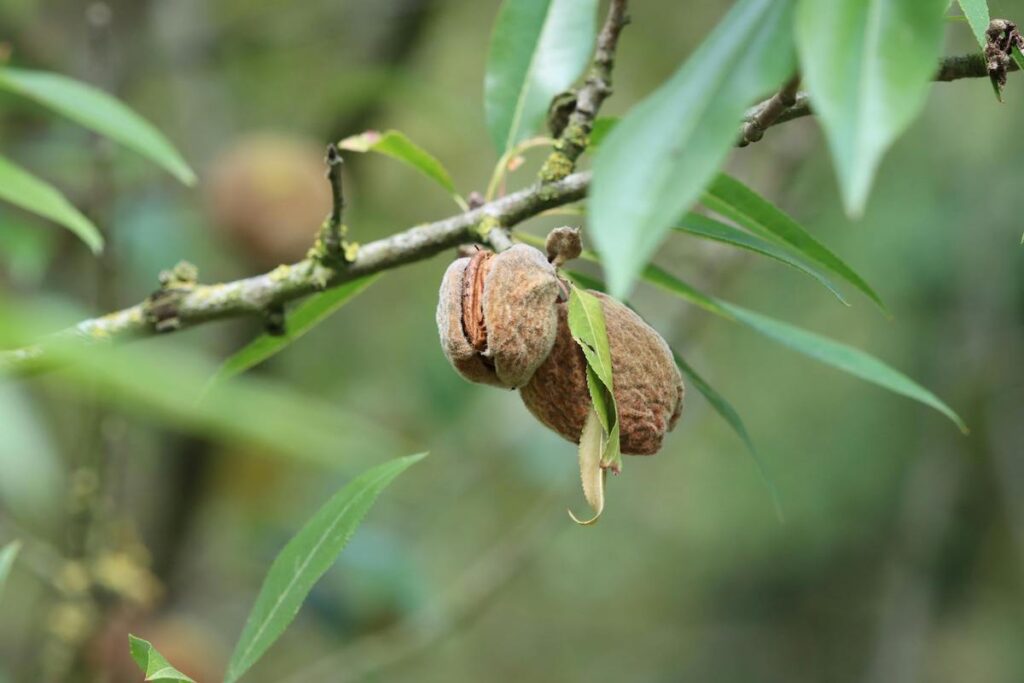
Almond, castor, argan, for beautiful hair
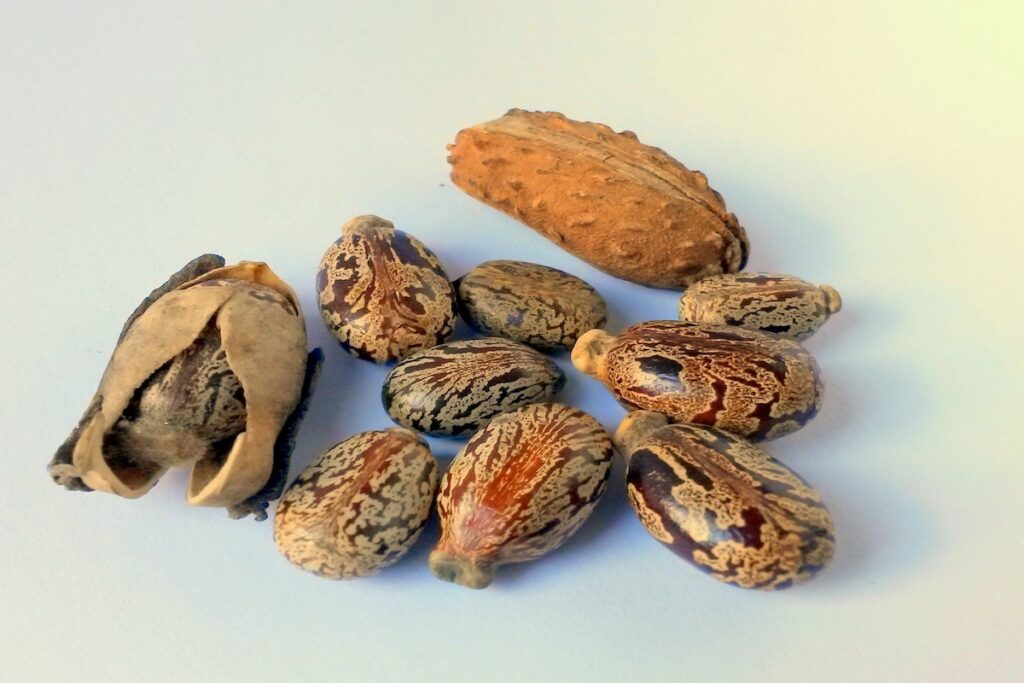
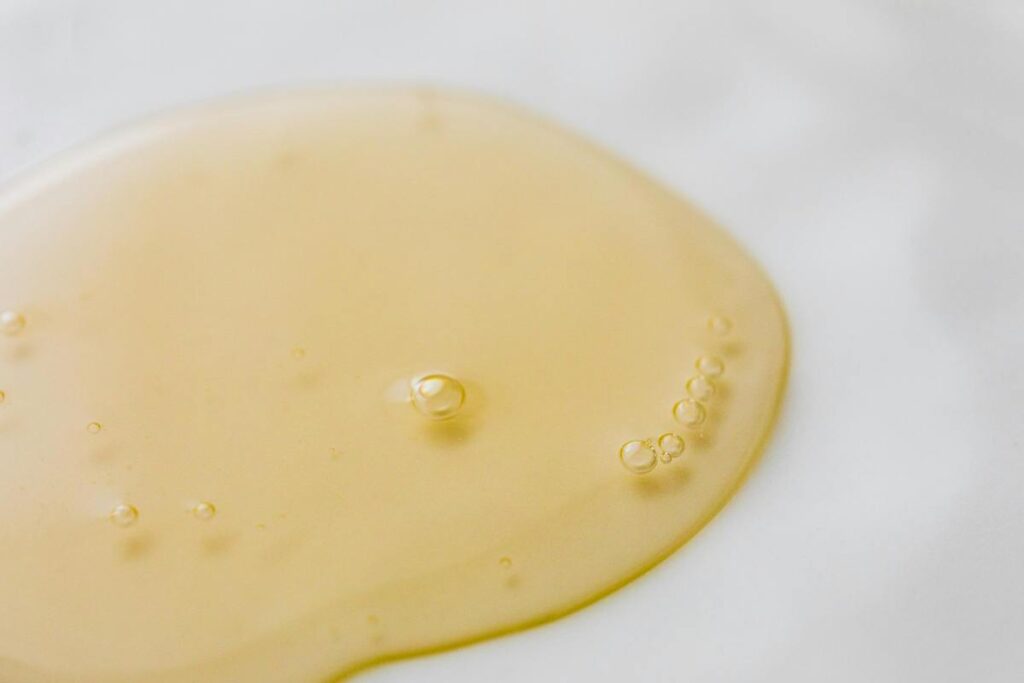
Vegetable oils are bursting with benefits and their properties have long been recognised.
You can use just 1 oil to nourish and moisturise fragile, overly dry lengths (jojoba, coconut or shea butter), but you can also combine several oils to maximise their potential, as long as you know how to combine the different oils in the right proportions and according to their respective properties. Beware if you want to play the little chemist: herbal medicine is not a hobby like any other.
You can also boost your hair's hydration by adding a little vegetable oil (argan, olive) to spring water in a spray to be sprayed regularly as part of a daily hair routine: Afro hair, which is chronically lacking in moisture, loves it!
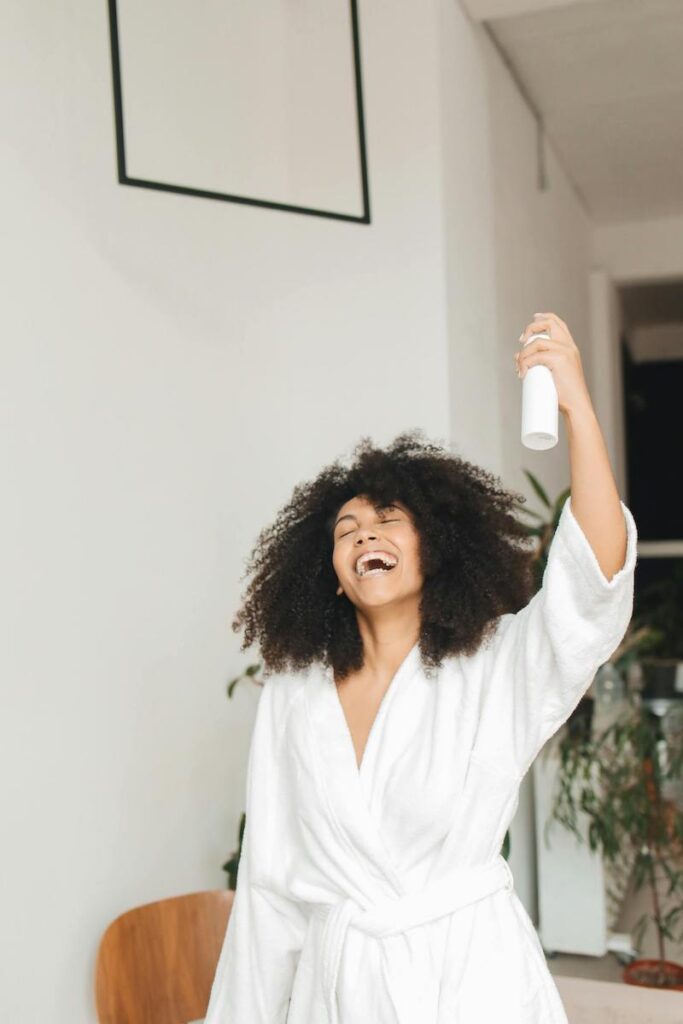
A spray of spring water + vegetable oil (argan, jojoba): the winning combo for well-moisturised hair
For deep nourishment of very dry, dehydrated, brittle hair, consider an oil bath, which should be left on for at least 30 minutes before shampooing. But be sure to rinse thoroughly.
A sensitive scalp, itchy scalp? Here too, plant oils are essential for soothing and purifying your scalp: castor oil, sweet almond oil.
Focus on 3 plant oils for beautiful hair:
- safflower oil (anti-hair loss serums): exceptionally rich in omegas 6, the famous essential fatty acids that promote cell renewal (regenerating and protecting cell tissue), this oil has anti-oxidant properties and promotes micro-circulation. A must for stimulating hair growth right from the roots! Used undiluted, it repairs and protects dry, dehydrated and brittle hair.
- jojoba oil (hair and scalp care): renowned for its sebum-regulating action, it balances the skin's pH, softening and regenerating the hair fibre to leave hair silky, supple and shiny.
- Sunflower oil (anti-hair loss serums, scalp care products): its high saturated fatty acid content regulates hair and scalp hydration, as its composition is similar to that of sebum. Its unsaturated fatty acids repair and protect weakened hair with damaged cuticles by cementing the scales of the hair fibre.
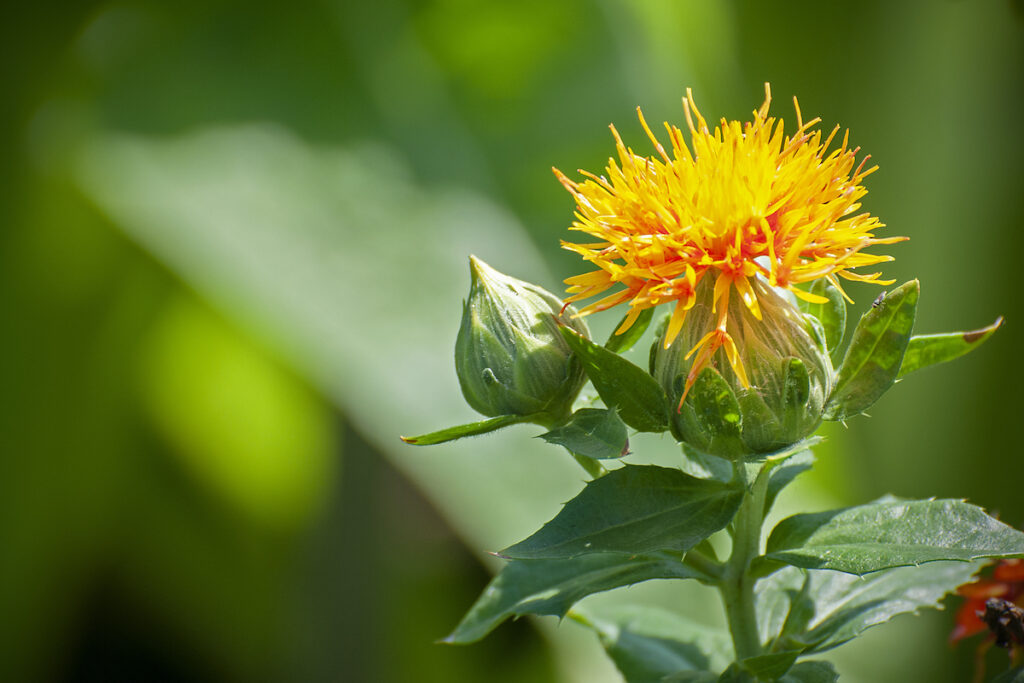
Safflower flower
At Clauderer, other beneficial hair oils such as castor, coconut, wheat germ and argan are featured in our anti-hair loss creams, scalp lotions and serums. Discover them here.
Another use: to dilute essential oils.
What about essential oils?
EOs are natural plant extracts with recognised biological and pharmacological properties. Studies have shown a positive impact between certain EOs (rosemary in particular) and hair loss, but EOs have not yet revealed all their secrets.
An EO is obtained by distilling aromatic plants using steam - the hundreds of different molecules collected in this way are highly concentrated in active ingredients. It is a traditional process which takes time and requires a large quantity of raw material. This explains the high price of this product. For example, one tonne of fresh plants yields 8 to 10 kg of lavender EO and only 100 to 120 g of Damask rose EO!
Not all EOs are created equal. The quality of an EO depends on a number of factors: the soil, whether or not it is grown organically, the harvesting method and the freshness of the plant at the time of distillation (some plants rapidly lose their aromatic components and therefore their properties once harvested).
EOs are powerful, highly concentrated products. You need to know how to use them wisely, especially as some ingredients can be allergenic, irritating or even toxic if used incorrectly. Nature doesn't necessarily mean well!
Pregnant or breast-feeding women are often advised not to use any EO. In reality, it's not quite that simple. A distinction must be made between pure EO and EO used in cosmetic products, i.e. in lower concentrations. Cutaneous application (scalp, hair) is preferable to more direct oral use. The first 3 months of pregnancy are often considered to present the greatest risks for the foetus, so you need to remain vigilant. At Clauderer, all our formulas are validated by an expert toxicologist, certifying that our products are compatible with pregnancy and breastfeeding, in compliance with the prescribed method of application and use (topical, with rinsing).
Among the best EOs for hair:
- Rosemary EO: effective against hair loss, especially in cases of androgenetic alopecia. Inhibits the enzyme 5-⍺ reductase in the hair follicle. It stimulates blood micro-circulation in the scalp, which improves the transport of oxygen and micro-nutrients to the hair follicle. Irrigated and nourished, the hair follicle generates stronger, thicker hair, full of life. Improves metabolism and cell renewal
- Sage EO: Anti-fungal, antiseptic and anti-inflammatory. This explains its effectiveness in natural treatments for skin disorders such as seborrhoeic dermatitis or psoriasis.
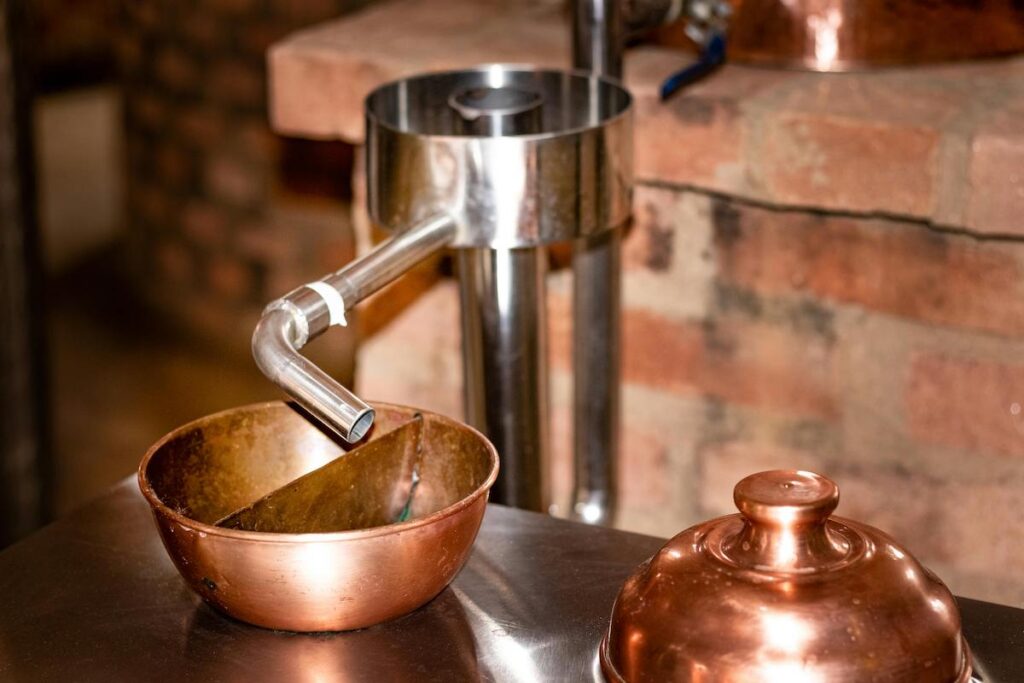
Lavendin distillation process
Clauderer uses lavandin properties in its serums to stimulate hair growth
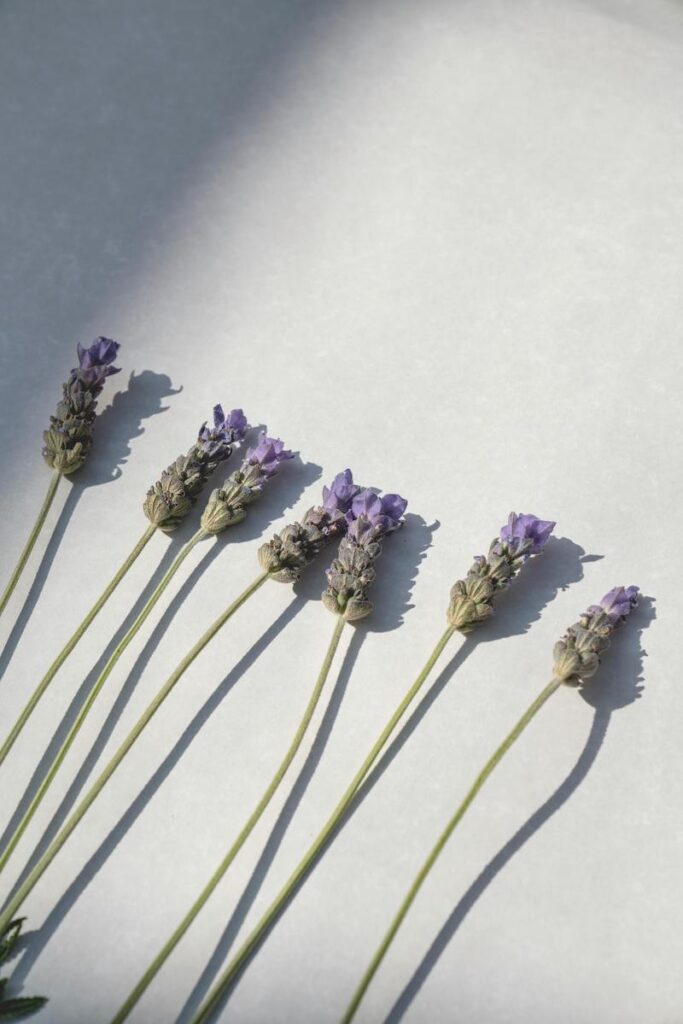
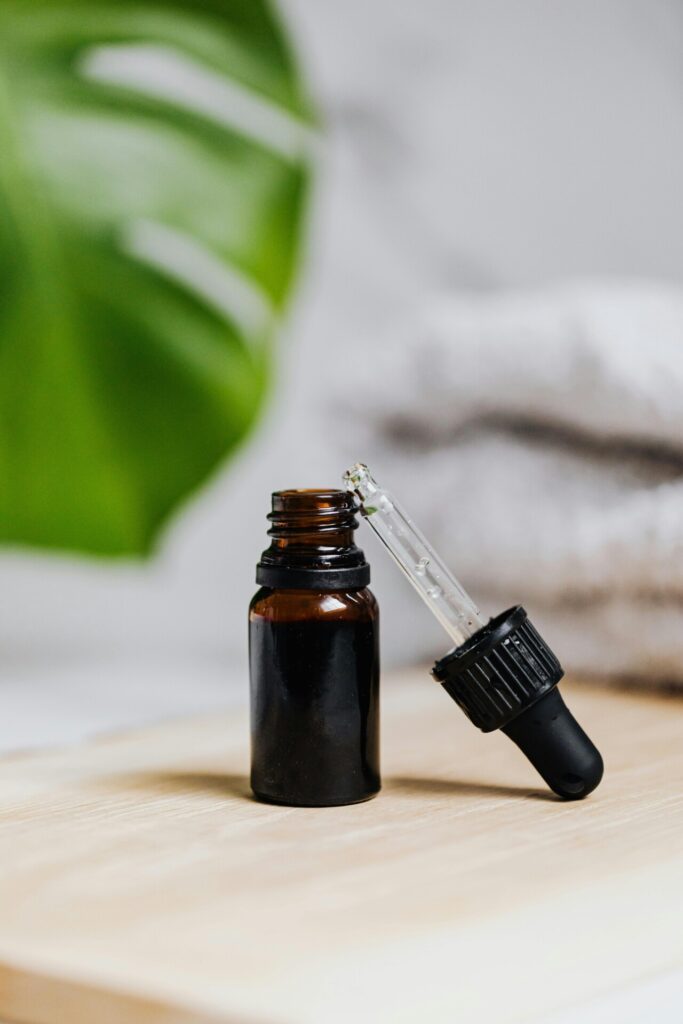
- Lavandin EO: anti-bacterial, anti-fungal, its high camphor content purifies the scalp and treats fungal infections. It also has a regenerating and protective action (camphor again) which accelerates healing. Effective action against skin ageing, as it offers excellent protection against UVB rays and external aggressions. Thanks to its high content of linaloolIt prolongs the hair's anagen phase by stimulating capillary growth, activating blood flow and contributing to the growth of stronger, healthier hair.
Other EOs such as verbena, wild thyme, eucalyptus and sweet orange oil help to protect, repair and deeply nourish the hair.

Yes to the virtues of plants for beautiful hair!
That's why, rather than using individual plant oils and essential oils that are beneficial for the hair, our researchers have developed innovative formulas for the Centre Clauderer that allow you to benefit from cutting-edge active ingredients in complete, effective hair care products that are meticulously dosed so that each component is used at its maximum dose of effectiveness.
